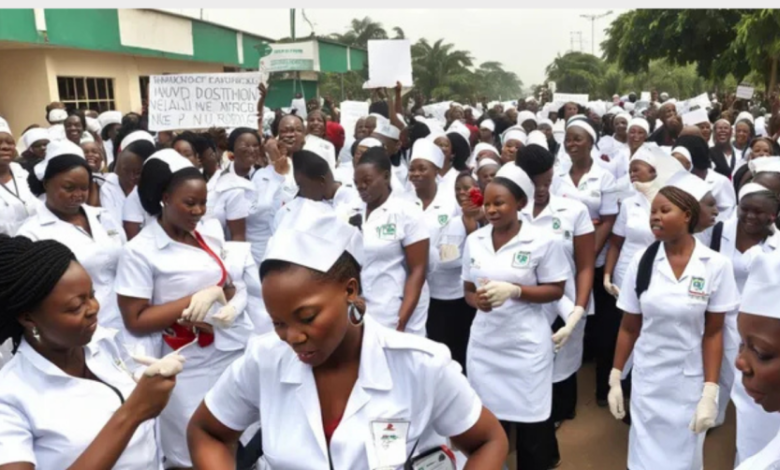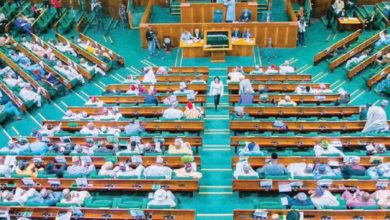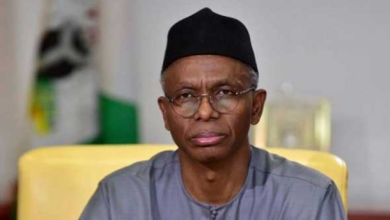News
Nurses embark on 7-day strike over poor remuneration

Nurses in Nigeria’s public hospitals have begun a seven-day warning strike, demanding urgent government intervention to address poor remuneration, worsening working conditions, and an acute shortage of personnel.
The industrial action, which started on Wednesday, followed the expiration of a two-week ultimatum issued by the National Association of Nigeria Nurses and Midwives (NANNM).
The union has threatened an indefinite strike, the first in more than 20 years, if the federal government failed to meet its demands within the week.
Chairperson of the Lagos chapter of the union, Christianah Adeboboye, expressed hope that the government would respond positively to their demands before the seventh day.
Talks between the union and a government delegation led by Labour Minister Muhammad Dingyadi ended in a stalemate on Tuesday, with union officials criticising the meeting’s structure and the absence of Health Minister, Ali Pate.
The standoff highlighted growing tensions between healthcare professionals and the government as Nigeria grapples with a shrinking workforce.
According to the Nursing and Midwifery Council of Nigeria, NMCN, more than 42,000 nurses have left the country for better opportunities abroad in the past three years alone.
”Public hospitals across Nigeria are now bracing for further disruptions, with patients already beginning to feel the impact of the strike.”
Toba Odumosu, union secretary in Lagos, state said that the meeting’s composition already indicated that no outcome could have been gotten out of that meeting.
The union remained resolute in its demands, and patients are anxiously waiting to see how the situation unfolds.
Melissa Enoch reports on the growing concerns about the impact of the strike on Nigeria’s healthcare system.
If the strike continues indefinitely, it could have severe consequences for Nigeria’s healthcare system, including reduced access to healthcare services, patients may find it difficult to access medical care, leading to delayed treatments and worsening health outcomes among others.
The strike could exacerbate the existing brain drain in Nigeria’s healthcare sector, as more professionals may seek opportunities abroad.



